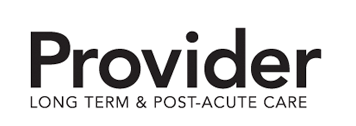AMDA Formally Backs Adoption of a National POLST Form
AMDA Formally Backs Adoption of National POLST Form
The POLST process emphasizes documenting and honoring patient preferences about the treatments they want to receive during a medical emergency or as they decline in health. Read more here.
